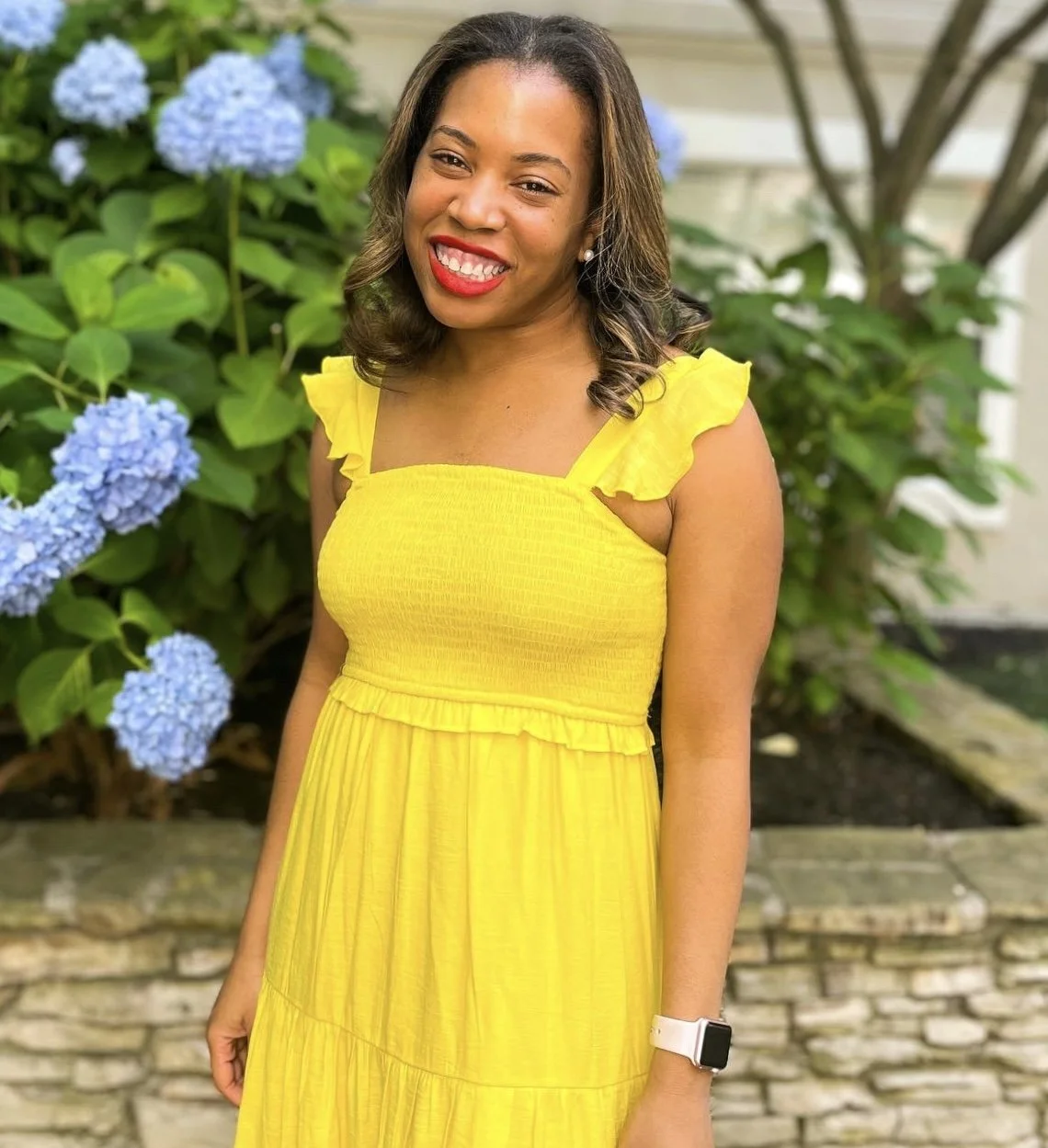Health Update: My Journey to Crohn's Remission
It wasn’t until a reader reached out to me about them being recently diagnosed with Crohn’s disease that I hadn’t shared an important health update with you.
Last year, I shared the news with you about having Crohn’s disease and the journey to getting a diagnosis.
Since then, I’ve been working with a medical professional team to achieve remission. Finally, in May, I received the good news from my doctors that I am in remission. So today, I’m going to share what remission is, how I got there, how I’ve been feeling for the past few months, and answer a few questions I get asked often.
Before I share an update, I want to say that everyone with Crohn’s experience is unique. How I got into remission may not be the journey of others and I’m not advising anyone to take my approach. Always seek advice from a medical professional to diagnose symptoms and develop a care plan.
Developing a toolkit of medical professionals
When I first purchased my house nine years ago, I was advised to align myself with the right team of professionals to make the home buying process more manageable. They called it a home buying toolkit or home buying board of advisors. I take that same approach when thinking about my health. I have my regular primary care doctor, a gastroenterologist, a functional medical team, a physical therapist, a dietitian and a health coach. These medical professionals have been integral to my health and wellness journey.
What is Crohn’s Remission?
Remission means your Crohn’s disease is no longer active. There is no sign of inflammation in your intestinal tract. You are symptom-free from pain, diarrhea or fatigue and can live a normal quality of life. As a reminder, there is no cure for Crohn’s, so don’t get remission mixed up that I am cured of my Crohn’s. Remission can last weeks, months or years. The average person with mild Crohn’s can experience several years in remission. There are several types of Crohn’s remission: clinical remission, deep remission, histologic remission, surgical remission, and biochemical remission. I am in histologic remission, which means they found no inflammation during my recent colonoscopy biopsy.
How did you get into remission?
The million-dollar question! I think it’s a combination of things that pushed me into remission. I think the first thing is the medication I’m on. Secondly, I have been working with a dietitian and a functional medicine doctor to develop a regime that prioritizes gut health. For 12 weeks, I followed a customized regime of consuming supplements, probiotics, and gut-friendly foods to balance my gut microbiome and reduce the amount of inflammation in my body. I continue to follow a gut-friendly food regime that includes eating a balanced plate. During this journey, I also discovered that I wasn’t consuming enough calories each day and now aim to consume 1800-2400 daily. Working remotely, I tend to sit for hours and forget to snack throughout the day. I found myself only taking breaks during breakfast, lunch and dinner. I am also focused on having protein with every meal and two fruits and three vegetables daily. The biggest priority is to consume probiotic-rich foods versus taking a probiotic supplement daily. And consuming whole foods vs a ton of processed healthy items is important. I’m also now on a mostly gluten-free diet.
How am I feeling now?
The first half of the year was really rocky on the health front. I was put on birth control to treat a different medical concern. The birth control pill pushed me into a flare which caused me to experience fatigue, constant diarrhea, and rapid weight loss. Those symptoms disappeared when I told my doctor I refused to take birth control after treating the one medical condition.
On a positive note, I’m feeling great now! As I mentioned earlier, I had a colonoscopy in May and my gastroenterologist saw no inflammation in my intestinal tract and declared that I was in remission. I take a maintenance medication every morning with a plant-based yogurt. I wish I didn’t have to take medication every day but my life and disease course depend on it. I’m grateful that my Crohn’s is now in remission. I know that a lot of people have it worse than I do. I pray daily that I stay in remission and that my Crohn’s remains mild. I’ve always prioritized my health. I live by the philosophy that my body is my temple. So I’m mindful of the mindset I keep, my stress levels, and what I put into my body each day. I also maintain a consistent fitness regime.
How did you get diagnosed with Crohn’s disease?
This is a question I get asked often. There are a lot of health influencers out here now spreading a lot of news about gut health online, natural diagnosis, and healing methods. Unfortunately, there is only one tried and true way right now to get diagnosed with Crohn’s or Ulcerative Colitis: a colonoscopy. So that a gastroenterologist can see inside your intestinal tract to look for inflammation and obtain a biopsy. The biopsies are then sent to a lab to test for the cause of the inflammation. Crohn’s isn’t something that should be self-diagnosed.
How often do you have to get a colonoscopy?
Great question! I have to get a colonoscopy every one to two years. In addition, my doctor monitors my Crohn’s disease quarterly through blood work to monitor inflammatory markers.

